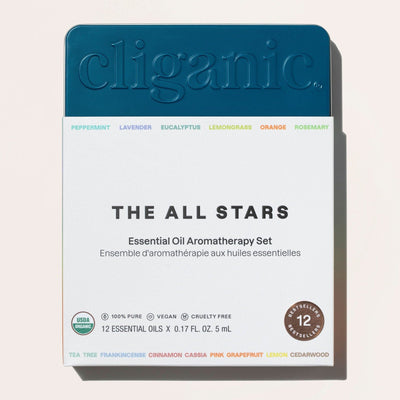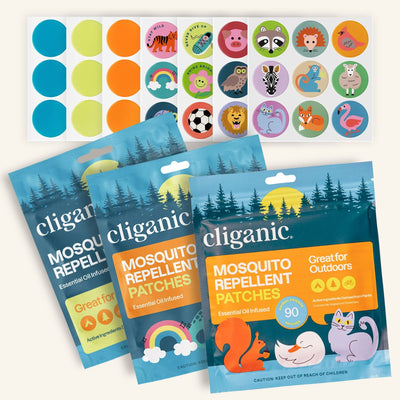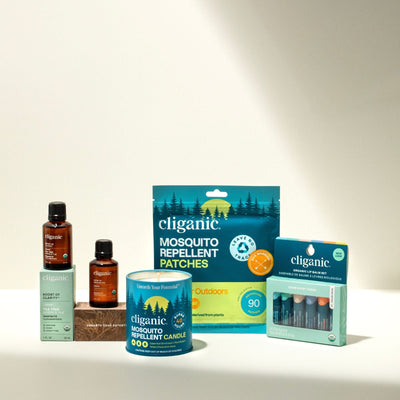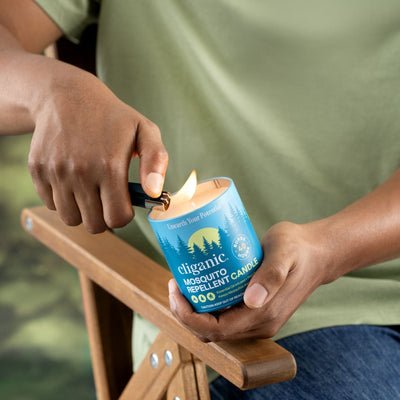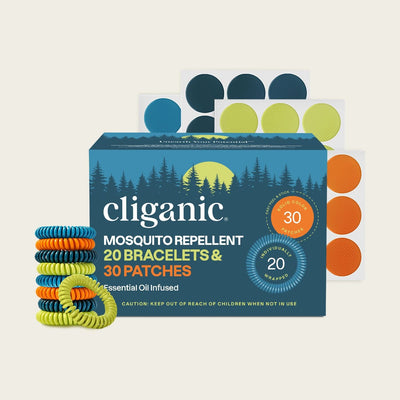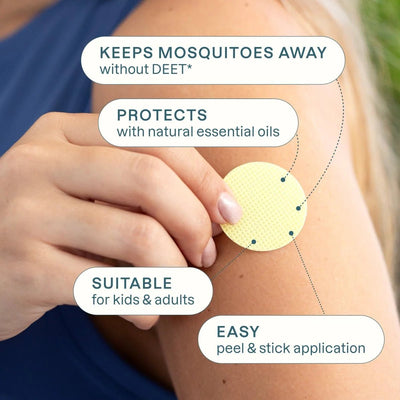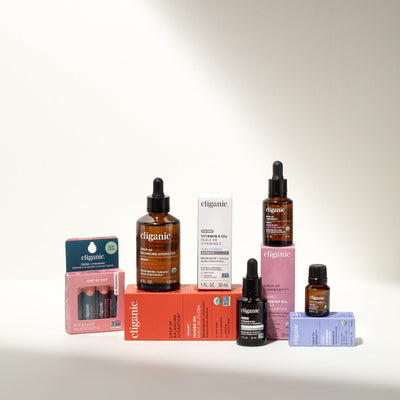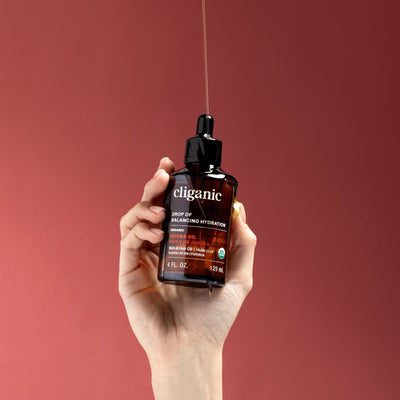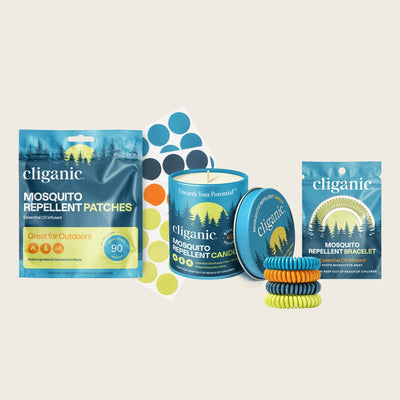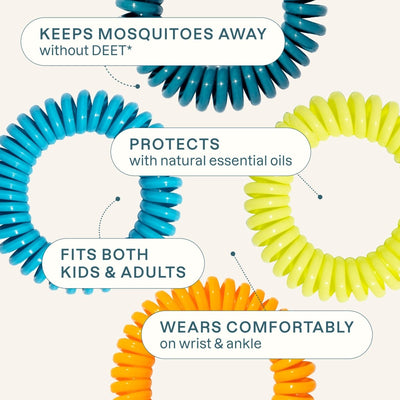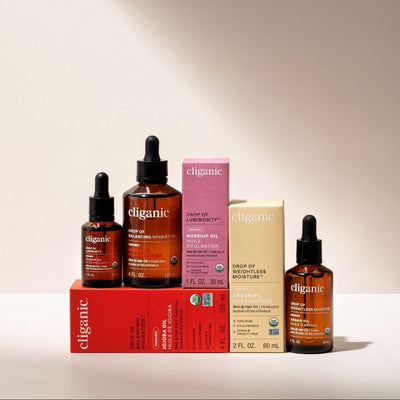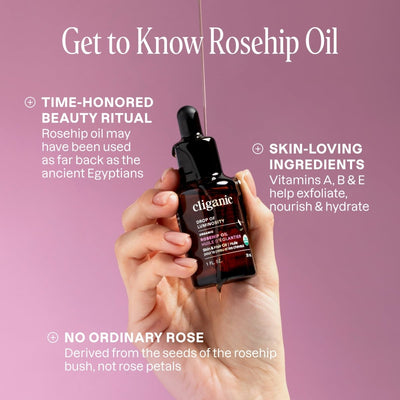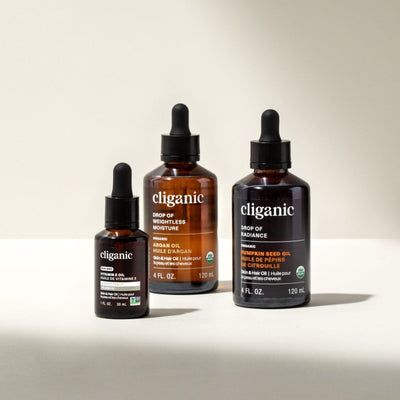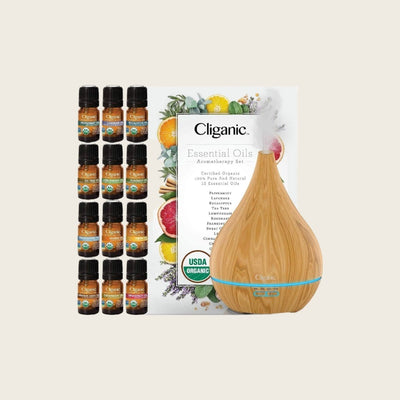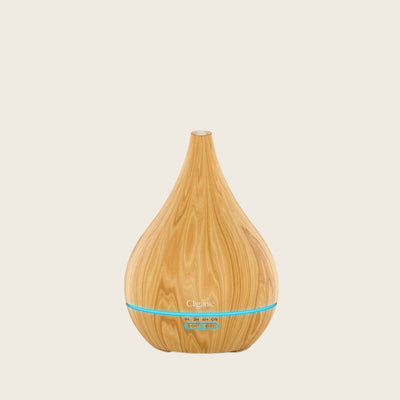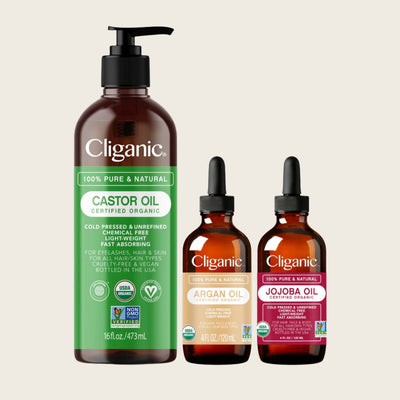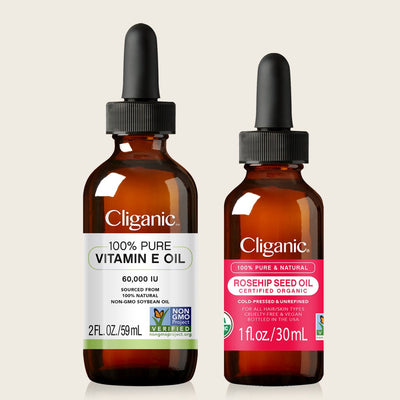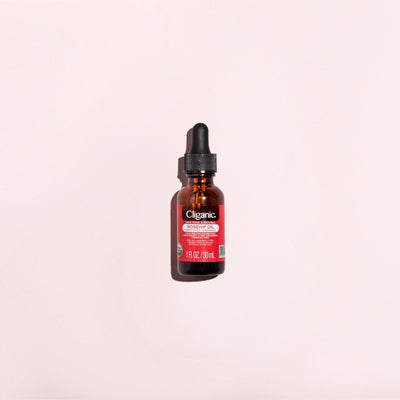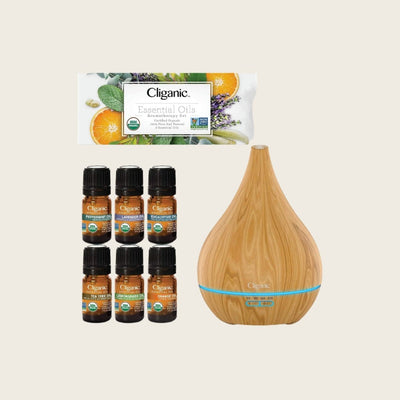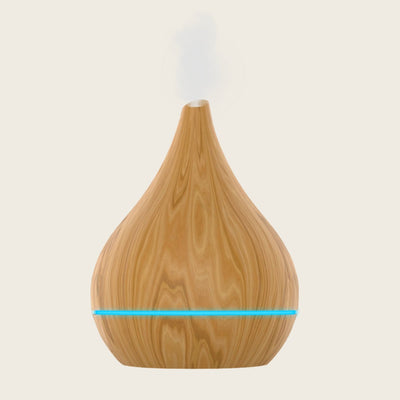31 May 2025
Essential Oils for Spring Gardening: Protecting Plants Naturally

Spring is a time of renewal and growth, and for gardeners, it's the perfect season to get their hands dirty and watch their plants flourish. However, with the arrival of warmer weather comes the challenge of protecting your garden from pests and diseases. Enter essential oils—nature's powerful allies that can help keep your plants healthy and vibrant without the use of harsh chemicals. In this article, we'll explore how essential oils can be used to protect your garden naturally
The Benefits of Essential Oils in Gardening
Essential oils are concentrated plant extracts that capture the essence of the plant's fragrance and properties. They are known for their therapeutic benefits, but they also have a wide range of applications in gardening. Here are some of the key benefits:
- Natural Pesticides: Research has shown that many essential oils have natural insecticidal properties that can repel or kill common garden pests.
- Fungicidal Properties: Some essential oils have been reported to prevent and treat fungal infections that are detrimental to plants.
- Stress Reduction: Essential oils can help reduce stress in plants, promoting overall health and resilience.
- Soil Health: Certain oils are known to improve soil conditions, enhancing the growth of beneficial microorganisms.
Top Essential and Carrier Oils for Spring Gardening
Ready to use essential and carrier oils in gardening? Here are some of the most popular options.
1. Neem Oil

Neem oil is a versatile and powerful carrier oil derived from the neem tree. It is widely used in organic gardening due to its broad-spectrum pest control properties. Neem oil can repel and kill a variety of insects, including aphids, mites, and whiteflies. It also has cleansing properties, making it effective against powdery mildew and other fungal diseases.
How to Use:
● Mix 1-2 tablespoons of neem oil with 1 gallon of water.
● Add a few drops of liquid soap to help the oil mix with water.
● Spray the solution on the leaves and stems of your plants, focusing on the undersides where pests often hide.
2. Peppermint Oil

Peppermint oil is known for its strong, refreshing scent, which is a natural deterrent for many pests. It is particularly effective against ants, aphids, and spider mites. Peppermint oil can also help repel rodents, making it a great addition to your garden's pest control arsenal.
How to Use:
● Mix 10-15 drops of peppermint oil with 1 cup of water.
● Pour the mixture into a spray bottle and apply it to the soil and plant leaves.
● Reapply every few days or after rain.
3. Lavender Oil
Lavender oil is not only soothing to humans but also has natural insecticidal properties. It is effective against moths, fleas, and flies, and can help repel mosquitoes. Lavender oil also has cleansing properties, making it useful for preventing and treating fungal infections in plants.
How to Use:
● Mix 10-15 drops of lavender oil with 1 cup of water.
● Spray the solution on the leaves and soil of your plants.
● Reapply weekly or as needed.
4. Eucalyptus Oil

Eucalyptus oil has a strong, fresh scent that repels a variety of pests, including aphids, spider mites, and whiteflies. It also has antifungal properties, making it useful for preventing and treating fungal diseases.
How to Use:
● Mix 10-15 drops of eucalyptus oil with 1 cup of water.
● Add a few drops of liquid soap to help the oil mix with water.
● Spray the solution on the leaves and stems of your plants.
5. Clove Oil

Clove oil is a potent essential oil with strong cleansing properties. It is particularly effective against fungal diseases such as powdery mildew and root rot. Clove oil can also repel insects like ants and mosquitoes.
How to Use:
● Mix 5-10 drops of clove oil with 1 cup of water.
● Spray the solution on the leaves and soil of your plants.
● Reapply every few days or as needed.
Tips for Using Essential Oils in Your Garden
- Choose High-Quality Essential Oils: To maximize the effectiveness of using essential oils in gardening, look for 100% pure, USDA Organic essential oils, such as Cliganic.
- Test First: Before applying essential oils to your entire garden, test a small area to ensure there are no adverse reactions.
- Dilute Properly: Always dilute essential oils with water and a small amount of liquid soap to ensure they are safe for your plants.
- Apply in the Morning or Evening: Avoid applying essential oils during the hottest part of the day to prevent leaf burn.
- Reapply Regularly: Essential oils can evaporate quickly, so reapply every few days or after rain.
- Store Properly: Store essential oils in a cool, dark place to maintain their potency
Closing Thoughts
Spring gardening is a rewarding experience, and using essential and carrier oils can help you protect your plants naturally and effectively. By incorporating these powerful plant extracts into your gardening routine, you can enjoy a healthy, thriving garden without the need for synthetic chemicals. Check out this article for more ways to incorporate essential and carrier oils into springtime activities: Spring Cleaning DIYs Using Essential Oils.



